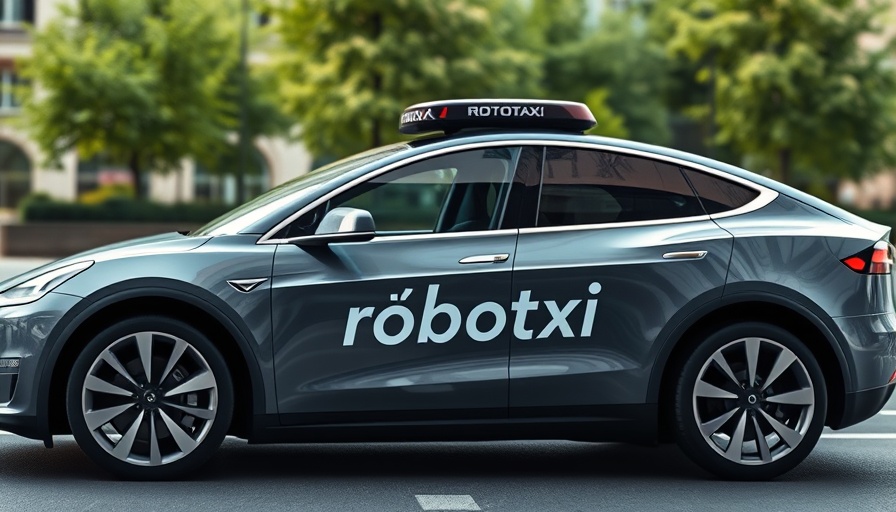
Understanding the Current Landscape of AI Agents
Artificial Intelligence (AI) agents are undeniably reshaping the technological landscape, transcending the boundaries of science fiction to influence everyday life. From automating mundane tasks to facilitating complex decision-making, these agents serve a critical role in various sectors including healthcare, education, and corporate governance. As the world leans into a future where AI becomes integral, grasping the societal implications of this technology is essential.
The Societal Impact of AI Agents
AI and society are intertwined in numerous ways. These intelligent systems not only enhance productivity but also challenge traditional notions of work and inclusivity. As AI agents take on more capabilities, there is genuine concern over job automation, raising questions about the future workforce. How society responds to these changes will dictate the cultural and economic landscape of the coming years.
Bridging Gaps Through Ethical Considerations
The ethical implications of deploying AI agents are pivotal in shaping their integration into daily life. The risks associated with biases in AI algorithms highlight an urgent need for policymakers to establish regulations that promote transparency and fairness. Engaging sociologists and technologists will be crucial to creating a framework that protects against inequality due to automated systems.
Future Trends in AI Development
Looking ahead, the focus on AI for social good marks a significant trend in technology development. AI's potential to address social issues—from enhancing education accessibility to supporting human rights initiatives—underscores its dual potential as a tool for progress or oppression. Establishing robust policies will be necessary to navigate these challenges responsibly.
Conclusion: Shaping a Collective Future
As AI continues to evolve, community engagement in discussions about its societal impacts is more important than ever. How we choose to implement AI technologies will not only reflect our values but also shape the future landscape of social justice, equality, and human rights. Now is the time for all sectors—policy, business, and civil society—to collaborate in steering AI development toward a more equitable future.
 Add Row
Add Row  Add
Add 




 Add Row
Add Row  Add
Add 



Write A Comment